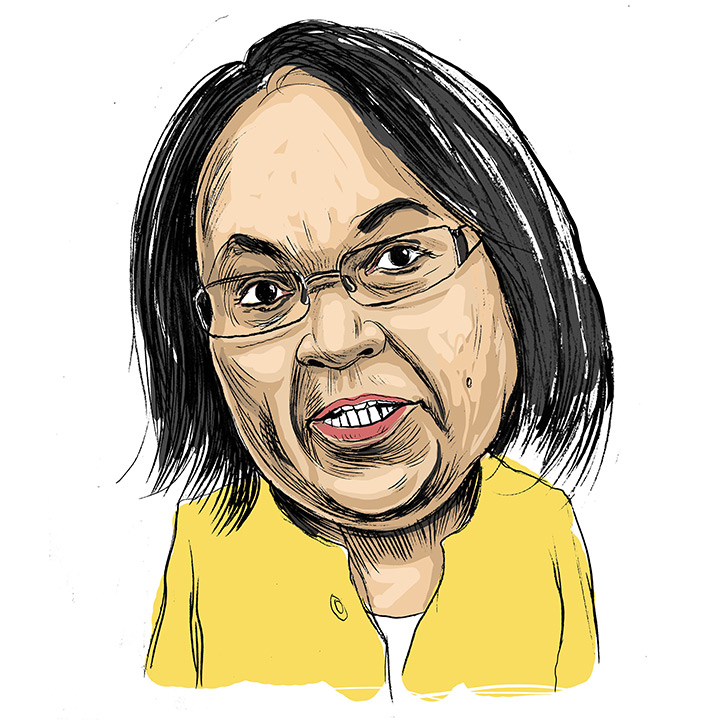The leader of the Good Party was asked to serve the country about 200 days ago. In one of her first speeches as a minister, De Lille said she would need to hit the ground sprinting, not just running.
Her department is charged with: the transformation of the construction and property sectors, ensuring compliance with policy and legislation for the management of state assets; giving direction to public works priorities and contributing to job creation and poverty alleviation through public works programmes.
The department has a terrible record. It’s the Special Investigating Unit’s biggest client, with more than 1 000 of its leases being investigated. De Lille says this accounts for some 90% of all government leases.
De Lille did hit the ground sprinting. As of November, 57% of the leases had been renegotiated, saving the state about R268 000 per lease.
The portfolio committee on public works wants answers to many questions. It identified that the department did not have the muscle to deal with strategic risks, was having difficulty filling critical posts and that many fraud cases were unresolved.
The public works programme is one of the biggest sources of concern and fraud. De Lille said measures have been put in place to control ID fraud and duplication of names. The public works programme reporting system has been linked to the department of home affairs to check work beneficiaries’ ID numbers.
A month after the hype of her appointment died down — she is the only non-ANC member President Cyril Ramaphosa included in his Cabinet — De Lille was already out to curb ministerial spending. A very welcomed move.
In her budget vote speech, she was firm. Ministers would not be buying new furniture, broken chairs would be refurbished and electricity bills and water consumption would be kept to an acceptable level.
“We are investigating high consumption bills with both the City of Tshwane and the City of Cape Town municipalities. Our property section is presently engaging with the City of Cape Town on overbilling amounting to R20m,” she said.
Parliamentarians also want to see the transformation of the construction sector, which provides services and property. Progress is slow but the department has adopted the Property Management Empowerment Policy and at least 14 black-owned companies have been approved.
“Tenders up to R50-million are set aside in favour of enterprises that are majority-owned by black people to provide them with more opportunities to participate in the market,” she said.
There are no sacred cows for the new minister. De Lille, a former Democratic Alliance member and mayor of Cape Town, has pushed the City of Cape Town to release land to build houses to correct apartheid spatial planning.
It is refreshing to have someone tackle the chaos in the public works and infrastructure department.
